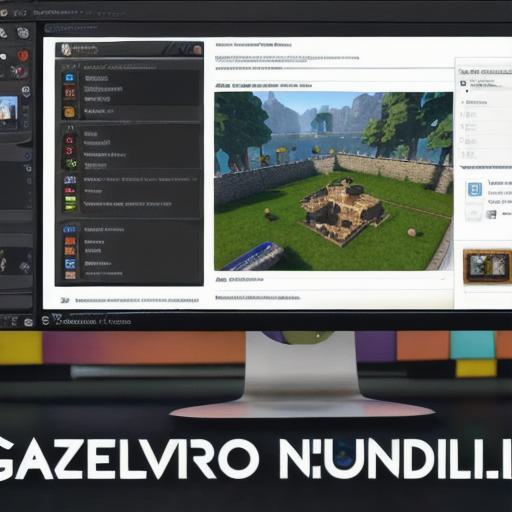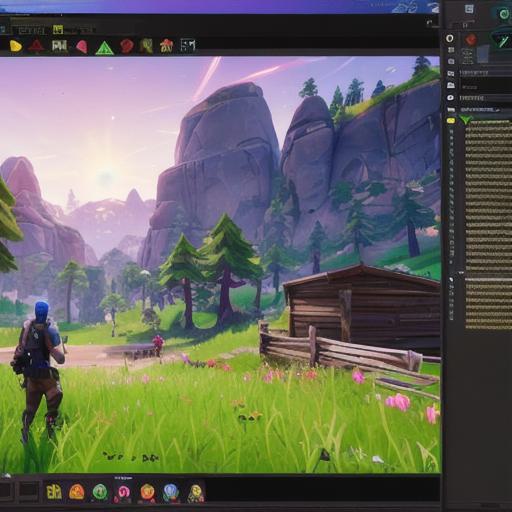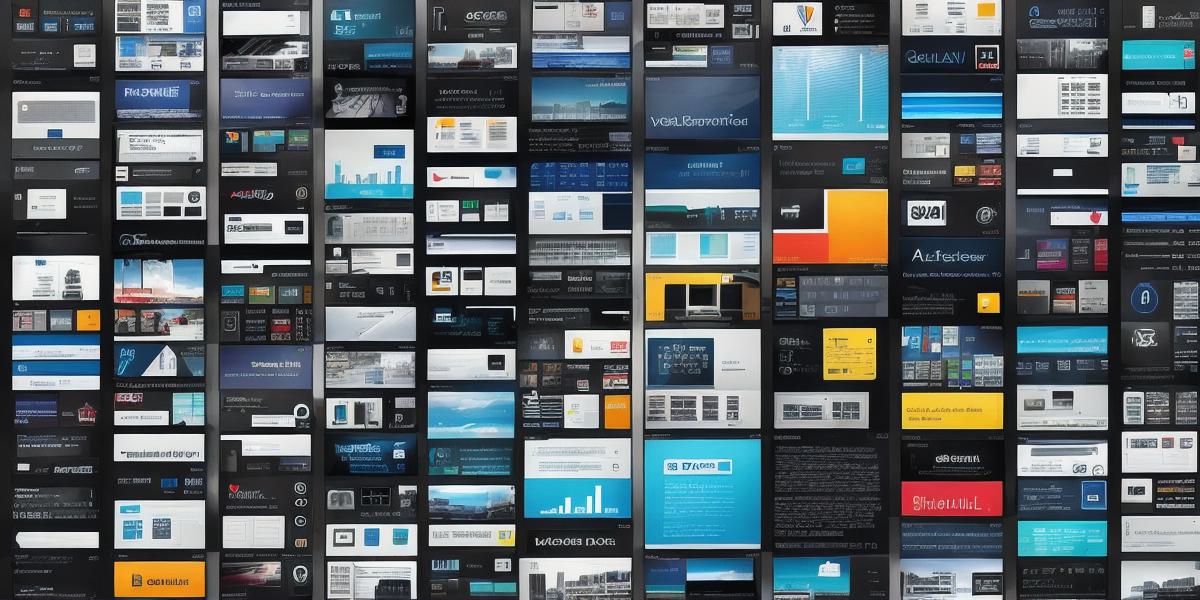What are some examples of outsourcing activities
Game development is an industry that requires a wide range of skills, including programming, art design, animation, and sound production. With the increasing competition in the gaming market, game developers are constantly looking for ways to improve their workflow and increase efficiency without compromising quality. One solution that many game developers turn to is outsourcing certain activities to external vendors or contractors. In this article, we will explore some examples of outsourcing activities that game developers can benefit from and how they can optimize their workflow by doing so.
1. Game Art and Animation:
One of the most common outsourcing activities in the gaming industry is game art and animation. This includes creating 3D models, textures, and animations for characters, environments, and objects within a game. Outsourcing game art and animation can be beneficial for game developers for several reasons. First, it allows them to access specialized talent that may not be available in-house. Second, it can save time and resources by allowing game developers to focus on their core competencies while outsourcing the more labor-intensive tasks.
For example, Ubisoft, a well-known game developer, worked with several external vendors to handle various aspects of the art and animation for their latest game, Assassin’s Creed Valhalla. One such vendor was Ubi Motion, a subsidiary of Ubisoft that specializes in motion capture and animation. By outsourcing their animation needs to Ubi Motion, Ubisoft was able to create high-quality animations that would have been difficult and time-consuming to produce in-house.
2. Programming and Development:

Another common outsourcing activity in the gaming industry is programming and development. This includes coding game logic, implementing user interfaces, and optimizing performance. Outsourcing programming and development can be beneficial for game developers for several reasons. First, it allows them to access specialized talent that may not be available in-house. Second, it can save time and resources by allowing game developers to focus on their core competencies while outsourcing the more technical tasks.
For example, Epic Games, a game development company that created Fortnite, worked with several external vendors to handle various aspects of the game’s programming and development. One such vendor was Unreal Engine, a software development kit created by Epic Games itself. By outsourcing their programming and development needs to Unreal Engine, Epic Games was able to create a highly customizable and scalable game engine that has allowed them to continuously update and improve Fortnite over time.
3. Sound Production:
Sound production is another common outsourcing activity in the gaming industry. This includes creating sound effects, music, and voiceovers for games. Outsourcing sound production can be beneficial for game developers for several reasons. First, it allows them to access specialized talent that may not be available in-house. Second, it can save time and resources by allowing game developers to focus on their core competencies while outsourcing the more creative tasks.
For example, Activision, a game development company that created Call of Duty: Black Ops Cold War, worked with several external vendors to handle various aspects of the game’s sound production. One such vendor was Soundwave, a sound design studio that specializes in creating high-quality audio for video games. By outsourcing their sound production needs to Soundwave, Activision was able to create an immersive and realistic audio experience that has helped set Call of Duty: Black Ops Cold War apart from its competitors.
4. Localization:
Localization is another common outsourcing activity in the gaming industry. This includes translating game content into different languages, adapting gameplay to different cultures, and creating localized versions of games for release in different regions. Outsourcing localization can be beneficial for game developers for several reasons. First, it allows them to access specialized talent that may not be available in-house. Second, it can save time and resources by allowing game developers to focus on their core competencies while outsourcing the more language-specific tasks.
For example, Nintendo, a game development company, worked with several external vendors to handle various aspects of the localization for their popular game, Super Mario Odyssey. One such vendor was Localization Master, a translation and localization studio that specializes in creating high-quality localized versions of games. By outsourcing their localization needs to Localization Master, Nintendo was able to create a localized version of Super Mario Odyssey that was well-received by players around the world.
5. Quality Assurance:
Quality assurance is another common outsourcing activity in the gaming industry. This includes testing games for bugs and glitches, ensuring that gameplay meets specific quality standards, and providing feedback to developers on how to improve the game. Outsourcing quality assurance can be beneficial for game developers for several reasons. First, it allows them to access specialized talent that may not be available in-house. Second, it can save time and resources by allowing game developers to focus on their core competencies while outsourcing the more testing-oriented tasks.

For example, Square Enix, a game development company that created Final Fantasy VII Remake, worked with several external vendors to handle various aspects of the quality assurance for the game. One such vendor was Bugsnax, a testing and QA studio that specializes in creating high-quality versions of games. By outsourcing their quality assurance needs to Bugsnax, Square Enix was able to ensure that Final Fantasy VII Remake met specific quality standards and was well-received by players around the world.
In conclusion, outsourcing activities can be beneficial for game developers in a variety of ways. By accessing specialized talent and focusing on their core competencies, game developers can optimize their workflow and improve the overall efficiency and quality of their games. Some common outsourcing activities in the gaming industry include game art and animation, programming and development, sound production, localization, and quality assurance. By utilizing these services, game developers can create high-quality games that stand out in a highly competitive market.


